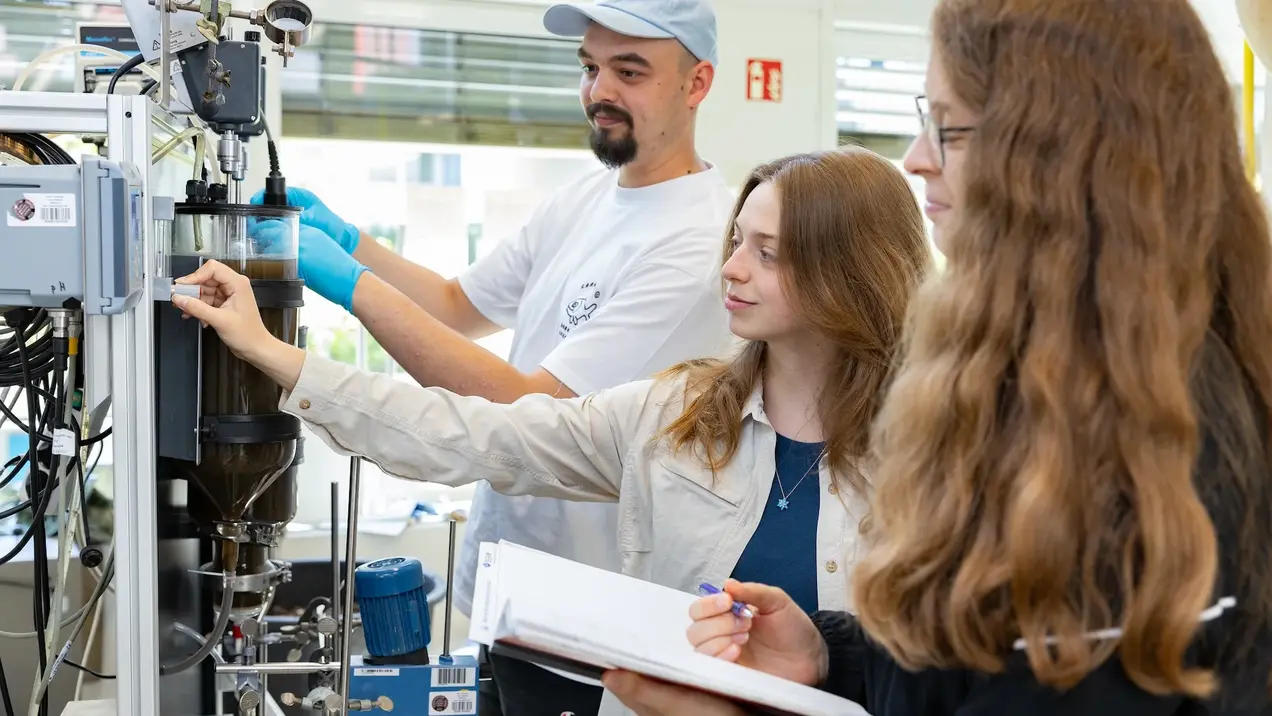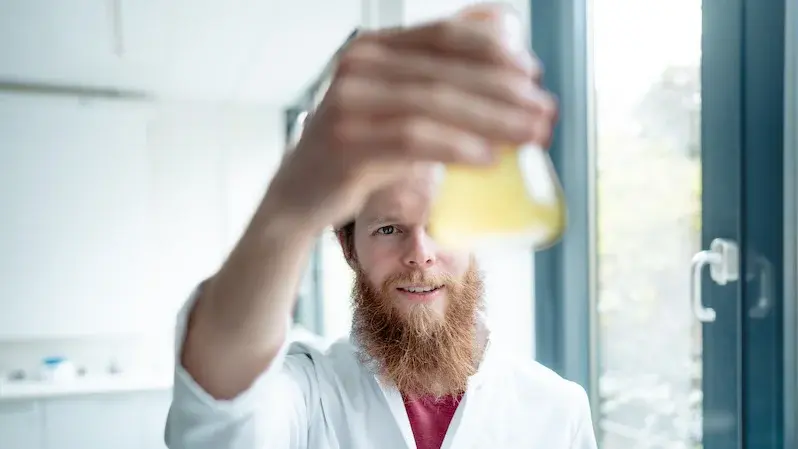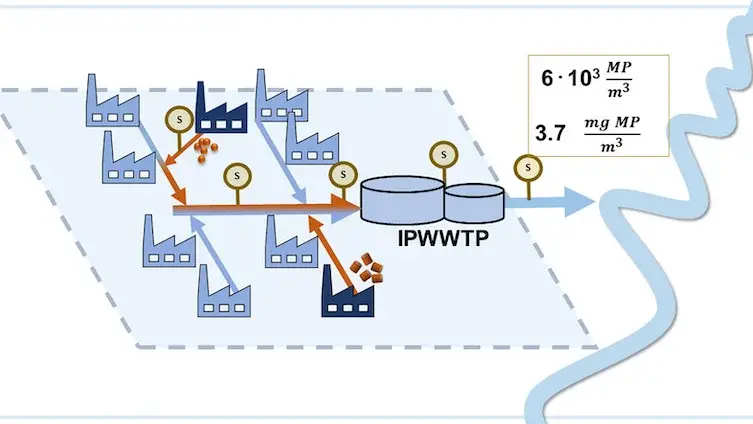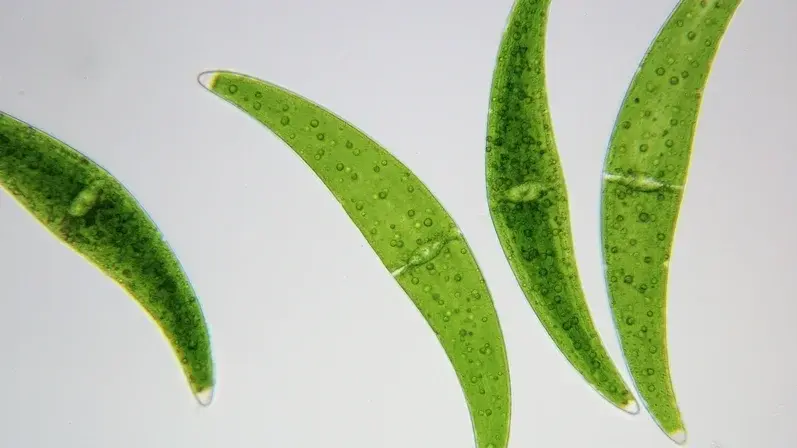Biological and Enviromental Technology

What is it about?
Students of the master's degree program acquire in-depth knowledge and skills in specialized areas of biological and environmental technology. As a graduate you will be able to apply scientific methods in practice and research and to develop solutions. This also includes the ability to act responsibly and make target-oriented decisions, while taking economic aspects into account. The degree is equivalent to a master's degree obtained at a university and offers the opportunity to pursue a doctorate, provided that 300 credit points have been achieved during the course of the master’s in combination with the undergraduate bachelor's degree program.
In cooperation with Frankfurt University of Applied Sciences.
What can I do with it?
Thanks to the wide range of skills acquired during the degree program, graduates will be qualified to perform a wide variety of tasks in many different fields; they will be able to carry out technical planning tasks and drive forward the development of new and improved innovations, which are of central importance in biological and environmental technology in industry and business.
As a graduate of the degree program you will plan and construct, for example, environmental and bioprocess engineering plants, you will carry out development, testing and monitoring activities in the field of biotechnology and environmental engineering, implement production processes in the biotechnological field, and develop and apply environmental remediation techniques. You will assess environmental quality, plan and implement efficient processes for biological wastewater and exhaust air treatment, prepare expert assessments, develop biotechnological treatment processes or you will work on approval procedures for environmentally relevant substances.
For degree-seeking students: detailed information on admission requirements, application deadlines, etc. can be found on the German page.
Current projects and activities
The fascinating world of ecotoxicology
Protecting our planet is becoming an increasingly pressing issue. In view of climate change and global warming, the extinction of species and increasingly extreme weather events, even in our temperate latitudes, most people have now come to realize this. Read the article at www.hessen-schafft-wissen.de.

Microplastics in industrial wastewater
Researchers from Hochschule RheinMain and TU Darmstadt have published a study on microplastics in industrial wastewater. The study showed that wastewater treatment plants in industrial parks remove a large proportion of the microplastics that enter wastewater during industrial processes. Nevertheless, industrial wastewater treatment plants emit slightly higher concentrations of microplastics than municipal wastewater treatment plants. Further information on microplastics research can be found here. The publication is available under this link.

Toxicity of metals
Andy Weber-Theen and co-authors have published research results on the toxicity of metal pollution to (benthic) algae. The results indicate that the investigated species Closterium ehrenbergii can be a useful addition to the ecotoxicological risk assessment of rivers and streams.
The publication is freely available at https://www.sciencedirect.com/science/article/pii/S0147651323002853.
